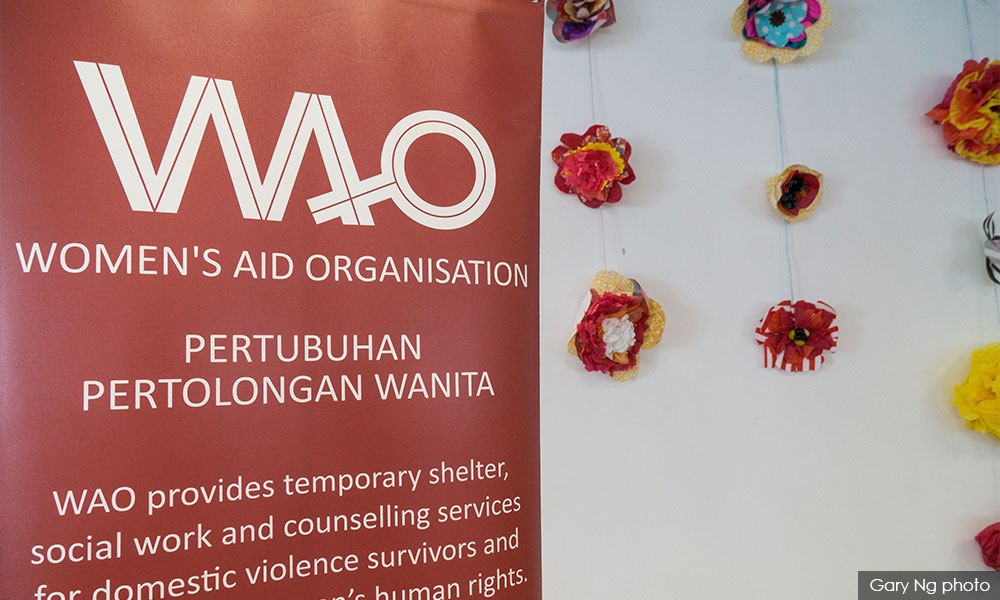According to a survey by the Women's Aid Organisation (WAO), 56 percent of women in Malaysia have experienced at least one form of gender discrimination in the workplace.
In their finding, 47 percent of women were asked about their marital status during a job interview, while one in every five women were questioned on their ability to perform certain tasks as a woman.
Other than that, about 55 percent of women said their child’s father was given either less than one week of paternity leave or none at all, with 55 percent of women indicating that the given paternity leave was insufficient.
The survey was jointly-conducted by research agency Vase.ai and was based on insights from 1,010 women.
WAO Head of Campaign Natasha Dandavati said there is an urgent need to amend the Employment Act 1955 in the next Parliament sitting.
“There is a need for provisions to protect against (gender) discrimination, as well as for greater maternity leave, paternity leave, and other policies that allow for more equal sharing of care responsibilities and that facilitate women staying in the workforce,” she said in a statement.
WAO proposed the following five amendments to the Employment Act:
1. Introduce at least seven days of paid paternity leave in the private sector
2. Extend paid maternity leave in the private sector from 60 to 90 days
3. Introduce prohibitions against discrimination based on gender, race, religion, and disability status for employees and job seekers
4. Introduce the right to request for flexible working hours and be protected from discrimination as a result of doing so
5. Strengthen protections against sexual harassment in the Employment Act, in addition to passing an independent Sexual Harassment Act.

According to the Vase.ai website, some insights from the research include:
• 71 percent of women said they have heard about and think sexual harassment is an issue, while 21 percent said they have encountered a form of sexual harassment before and think it is a real issue. Only 2 percent have not heard of it.
• 52 percent of women do not see the act of suggesting a coworker make advances towards a client or potential client, as sexual harassment.
• 15 percent of women do not consider unwelcome touching or grabbing to be a form of sexual harassment but classify it as unprofessional behavior.
• 50 percent of women do not consider repeatedly making advances towards a person who has already declined them to be a form of sexual harassment but classify it as unprofessional behavior.
• 42 percent of women do not consider the act of stalking, to be a form of sexual harassment but classify it as unprofessional behavior.
• 39 percent of women said they have experienced offensive sexual jokes or innuendos in the workplace, during the course of their employment.

• 47 percent of women said they were asked about their marital status during a job interview, while 22 percent were asked about their ability to perform certain tasks as a woman.
• 27 percent of women who currently have children said they received comments/questions about their ability to perform certain tasks while they were pregnant.
• 23 percent of women who have children did not feel they were given adequate paid maternity leave.
• 23 percent of women said that after having a child and returning to work, they received negative comments/questions about leaving work on time to get home to their child, while 13 percent were overlooked for new projects or opportunities upon returning from maternity leave.
• Among the ways in which mothers were impacted by the lack of supportive workplace policies for their child's father was having to sacrifice in taking time off from work. The mothers also lacked emotional and physical support which caused relationship problems.
• Common policies that women wish were in place for them were the flexibility to take time off work to care for their children, sexual harassment protection, longer paid maternity leaves, childcare facilities in the company, and consideration for training or promotion. - Mkini




No comments:
Post a Comment
Note: Only a member of this blog may post a comment.